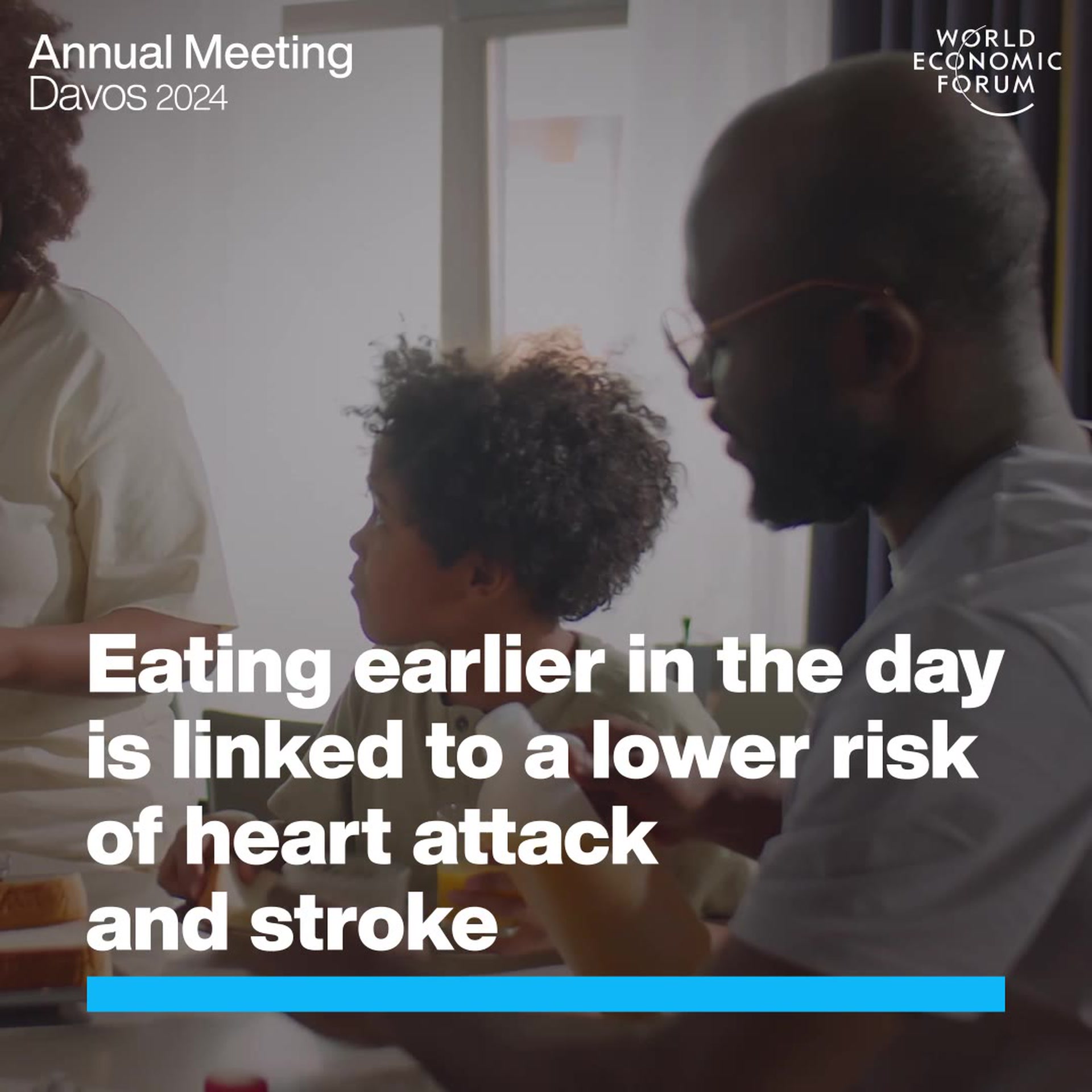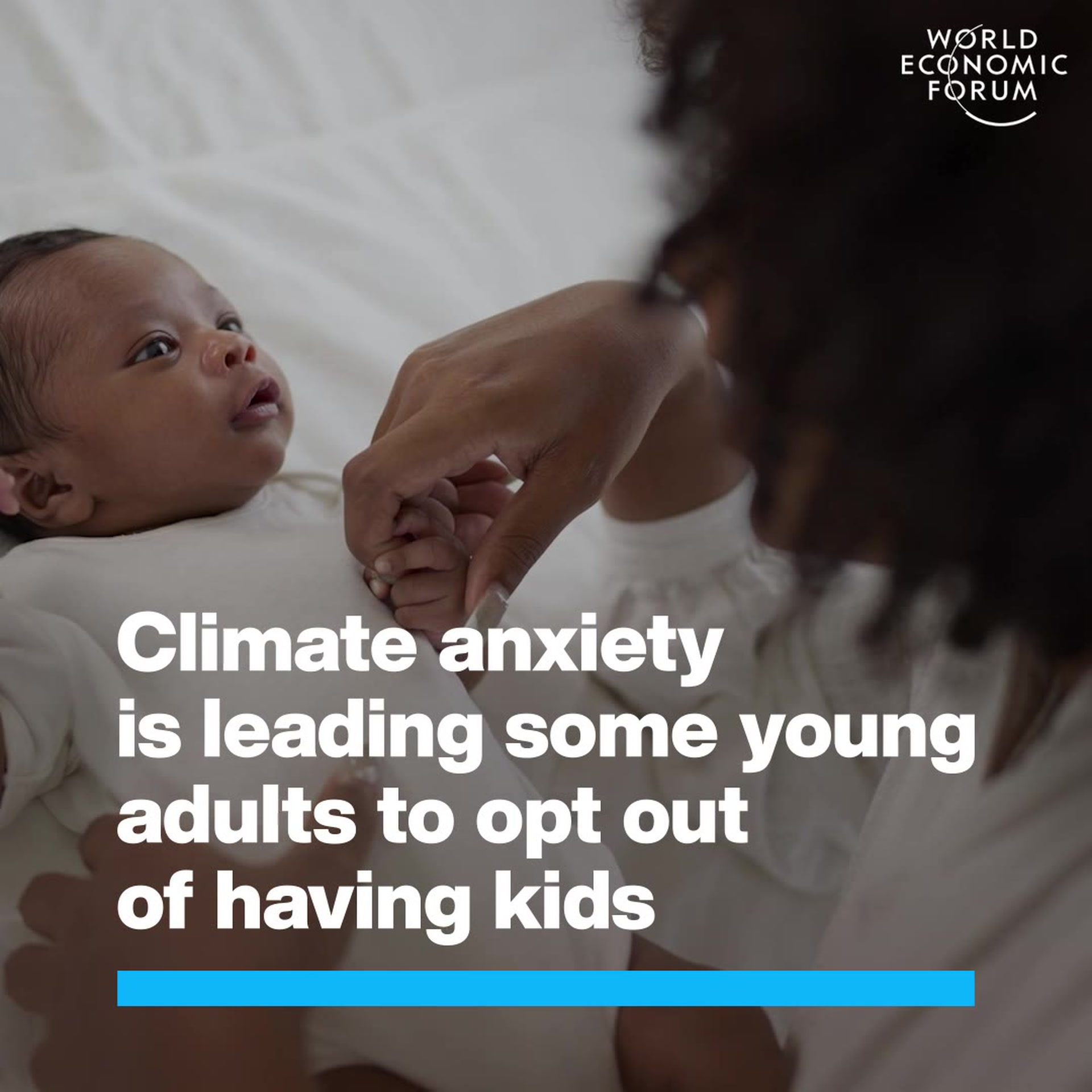How much sleep do you really need?


Get involved with our crowdsourced digital platform to deliver impact at scale
Stay up to date:
Behavioural Sciences
We all know those people who say they can get by on five or six hours of sleep a night — but chances are, they’re lying (or just forcing themselves along, fueled by coffee).
On February 2, the National Sleep Foundation released its newest guidelines for how many hours of sleep people need every night, and while it didn’t change its recommendations of seven to nine hours of shuteye for adults, pretty much all other age groups saw some slight tweaks in the normal range.
Every individual needs a certain amount of sleep, and though there are ways to understand your personal sleep needs better, this chart should give you a guideline on what is healthy for you and your family.
When reading the chart below, know that the vast majority of people fit into the dark blue category for their age group. Most outliers fit into the teal bracket on both sides of the dark blue, and it’s incredibly rare for it to be healthy for anyone to sleep more or less than those amounts.
Do you get enough sleep?
![Sleep Time Recommendations012615[1] page 001_0](http://static3.uk.businessinsider.com/image/54dcc1b6dd0895421f8b4610-971-2430/sleeptimerecommendations012615%5B1%5D-page-001_0.jpg)
This article is published in collaboration with Business Insider. Publication does not imply endorsement of views by the World Economic Forum.
To keep up with Agenda subscribe to our weekly newsletter.
Author: Kevin Loria writes about health and science for Business Insider.
Don't miss any update on this topic
Create a free account and access your personalized content collection with our latest publications and analyses.
License and Republishing
World Economic Forum articles may be republished in accordance with the Creative Commons Attribution-NonCommercial-NoDerivatives 4.0 International Public License, and in accordance with our Terms of Use.
The views expressed in this article are those of the author alone and not the World Economic Forum.
The Agenda Weekly
A weekly update of the most important issues driving the global agenda
You can unsubscribe at any time using the link in our emails. For more details, review our privacy policy.
More on Behavioural SciencesSee all
Peter Dizikes
November 27, 2023
Aaron De Smet and Patrick Simon
September 25, 2023
Kate Whiting and Kateryna Gordiychuk
September 6, 2023






